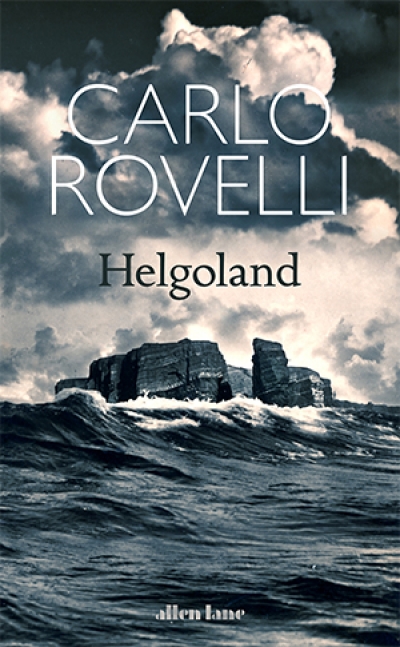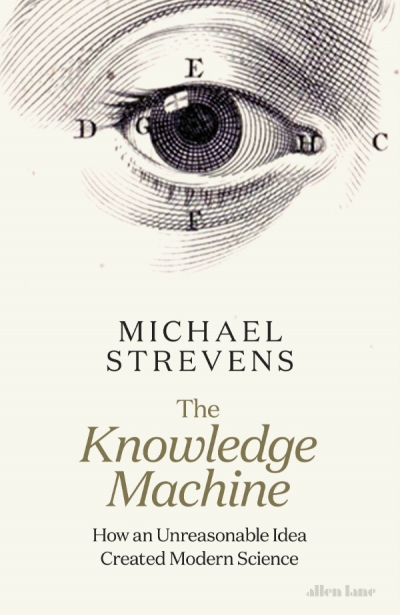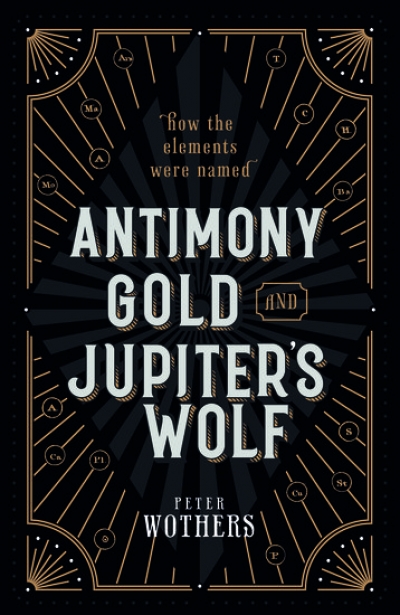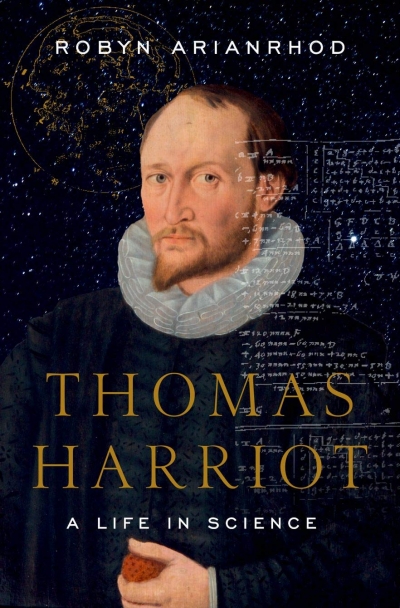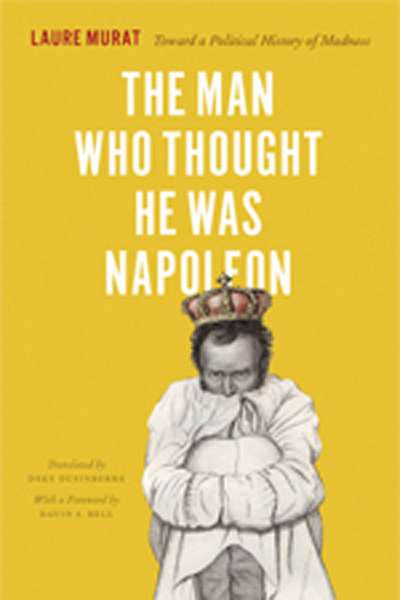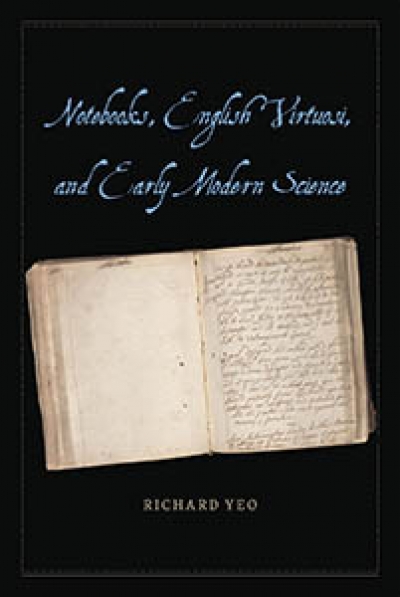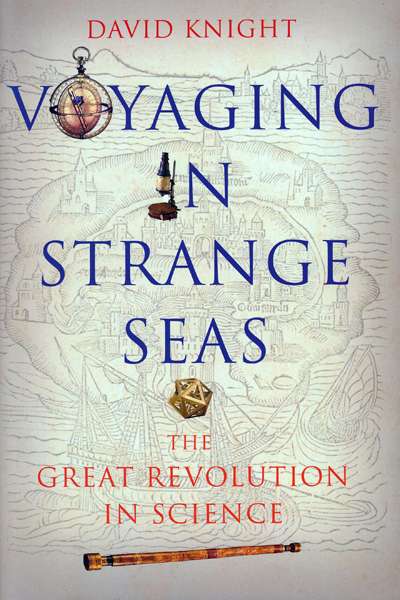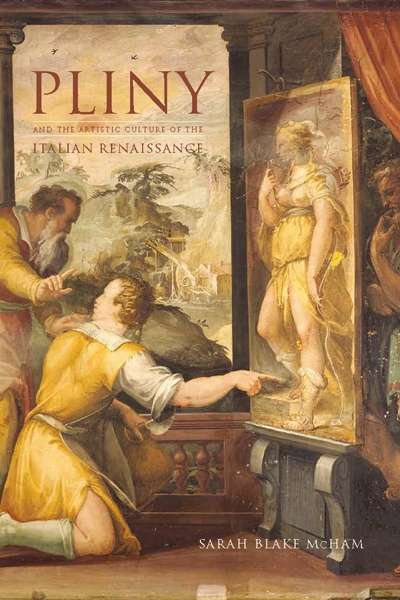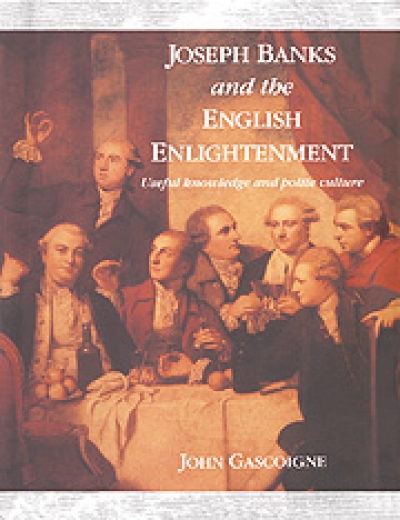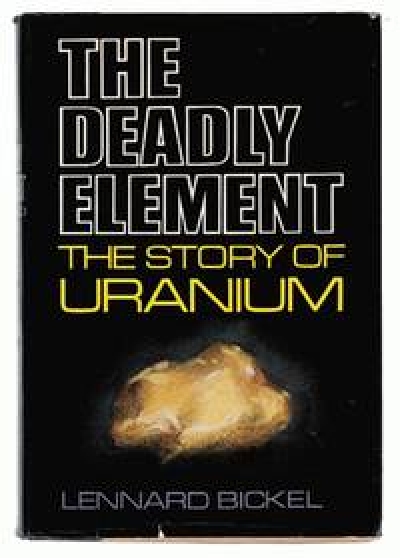History of Science
Helgoland by Carlo Rovelli, translated by Erica Segre and Simon Carnell
by Robyn Arianrhod •
The Knowledge Machine: How an unreasonable idea created modern science by Michael Strevens
by Robyn Arianrhod •
Antimony, Gold, and Jupiter’s Wolf: How the elements were named by Peter Wothers
by Robyn Arianrhod •
The Man Who Thought He Was Napoleon: Toward a political history of madness by Laure Murat
by James Dunk •
Notebooks, English Virtuosi, and Early Modern Science by Richard Yeo
by Wilfrid Prest •
Voyaging in Strange Seas: The great revolution in science by David Knight
by Danielle Clode •
Pliny and the Artistic Culture of the Italian Renaissance: The legacy of the 'Natural History' by Sarah Blake McHam
by Christopher Allen •
Joseph Banks and the English Enlightenment: Useful knowledge and polite culture by John Gascoigne
by Glyndwr Williams •
The Deadly Element: The Men and Women behind the Story of Uranium by Lennard Bickel
by John Hepworth •

